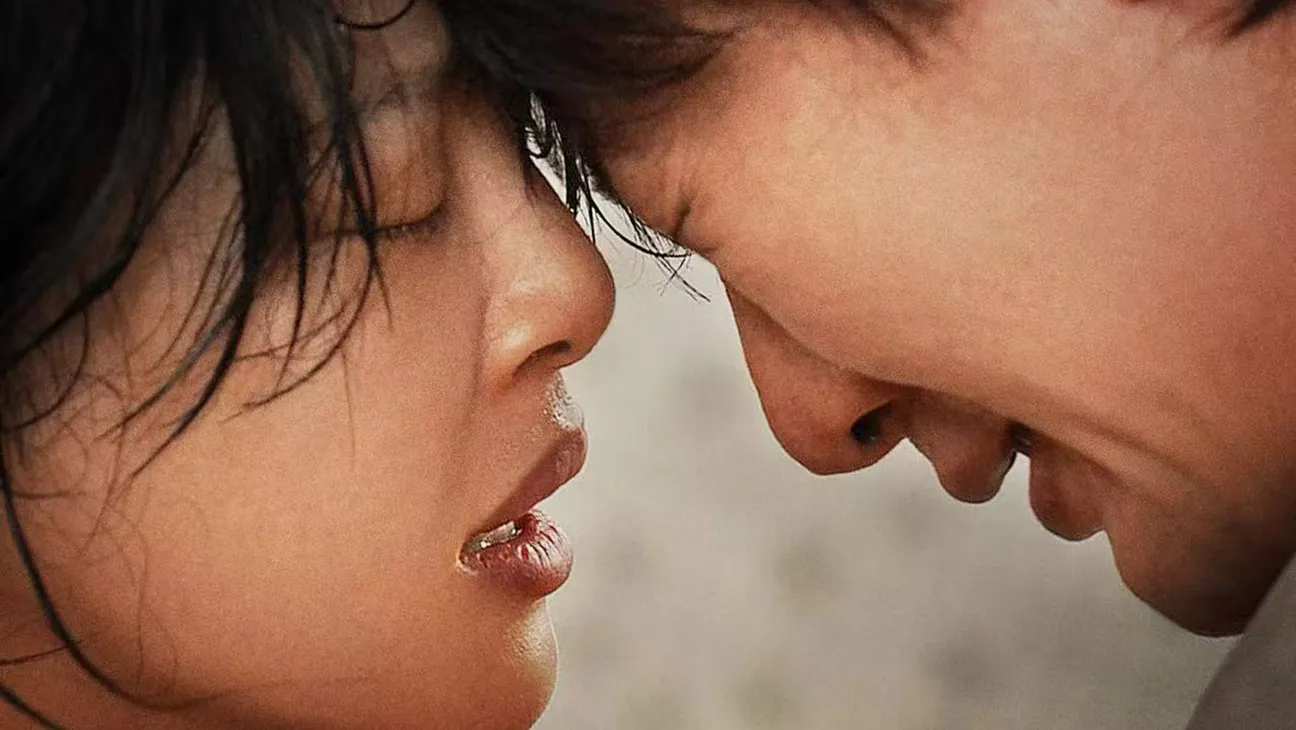With a rating of 9.5 on the Chinese IMDb-like platform Douban, the crime drama The Long Season (漫长的季节) has been lauded and generated an internet frenzy since its release on April 22.
The 12-episode series follows Wang Xiang, a train driver who had worked his whole life at the steel plant in a fictional small town in North China, as he attempts to solve the mystery behind a brutal murder during the autumn of 1998. For more than 20 years, the murder has haunted him and other people who worked at the steel plant as they struggled to come to terms with the loss they’ve experienced.
The show became a significant hit over the five-day Labor Day holiday in China, which ran from May 1-5. Many who stayed home binging the show applauded the director, Xin Shuang, for the fast-paced and suspenseful nature of the drama.
Xin first gained recognition in China for directing another hit crime series, The Bad Kids (2020).
It might come as a surprise to many that the 42-year-old didn’t start in the television industry. After graduating college with a degree in international economic law from a prestigious college in Beijing, Xin joined a punk rock band as a guitarist. He later became a music producer and eventually ventured into film and television by directing commercials and music videos.
Many on Weibo, China’s largest microblogging platform, were fascinated by his life story, with some even hailing him as a genius.

Crime dramas are having a major moment in China right now. Earlier this year, The Knockout, another crime-centered series, quite literally ‘broke’ the Chinese internet when it reportedly generated so much internet traffic that it crashed the streaming site iQiyi.
Chinese audiences seem to love crime dramas for their realism and exploration of human nature. Usually set in the ’80s and ’90s, these shows depicted the struggles of ordinary people during a time of significant economic and social upheaval following the Chinese government’s Reform and Opening Up policy, which saw the country’s economy open to the world through market-oriented reforms and foreign investment.

In particular, The Long Season’s portrayal of familial relationships, ruminations on fate, and overarching message to “move on, don’t look back” resonated deeply with the show’s fans.
As one user on Weibo writes, “You can find traces of yourself or your family members in every character, as the fate-changing revolution during that era has profoundly impacted each and every one of us.”
Cover image via Weibo


















